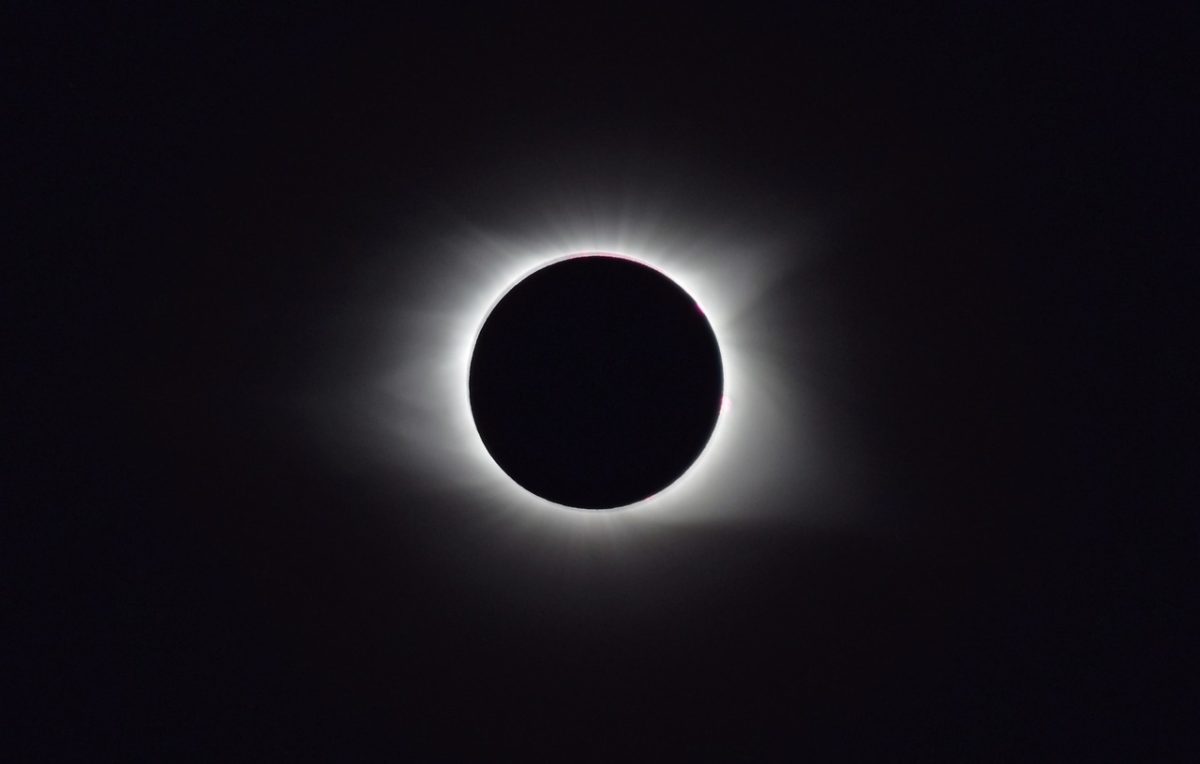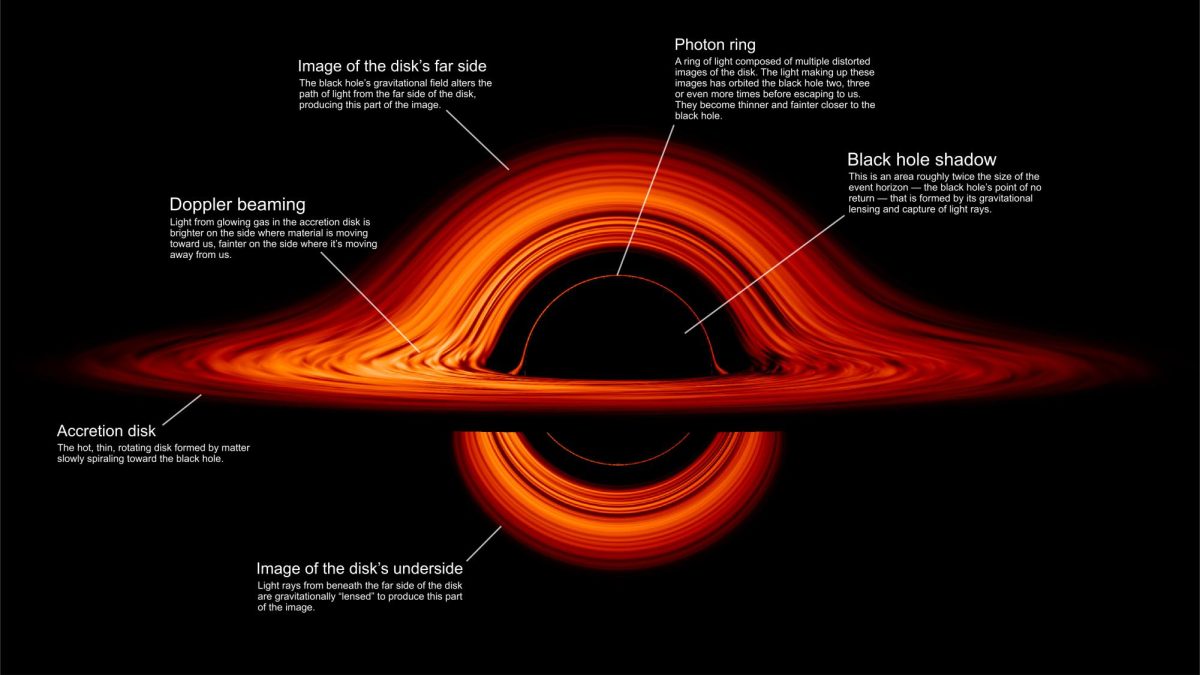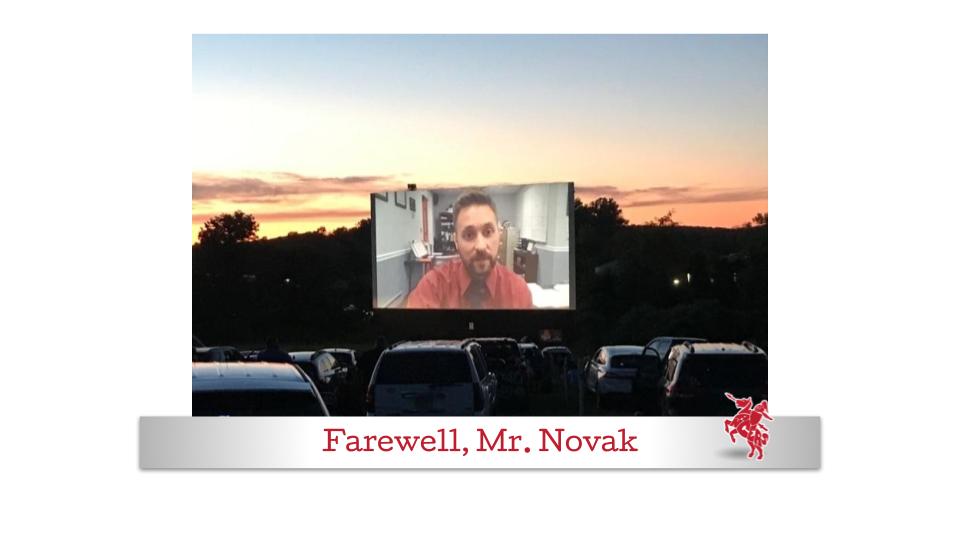A total eclipse is when the Moon elapses between the Sun and the Earth, in turn blocking the Sun. These fascinating lunar events are not consistent with time and can be a once-in-a-lifetime event for some. Recently, however, cosmologists have made the observation of a new incoming eclipse, set to take place on April 8, 2024. Although New Jersey is not in the “Zone of Totality,” the event is anticipated by many, but while it may be fun to watch, it is important to know the facts to safely view the celestial phenomenon.
While the word “total” may suggest that the eclipse can be seen around the globe, that is untrue. According to NASA, this year’s eclipse can be seen across parts of Central and North America. Emerging over the South Pacific Ocean, the first region that will be able to view the Eclipse is Mexico’s Pacific Coast at around 11:07 a.m. PDT, if weather conditions stay according to plan. Later, straying away from Mexico, the eclipse will enter the United States in Texas, through Oklahoma, Arkansas, Missouri, Illinois, and Kentucky, progressing into Indiana, Ohio, before heading over the East Coast. Small areas of both Tennessee and Michigan will also be able to see the solar eclipse. After the eclipse passes through the U.S., it will move into Canada through Southern Ontario, into Quebec, New Brunswick, Prince Edward Island, and Cape Breton. Finally, the eclipse will make its exit into continental North America on the Atlantic coast of Newfoundland, Canada, at 5:16 p.m. NDT.
NorthJersey.com reports that Ringwood, Wanque, and Haskell will be able to view about 92% totality, with peak viewing times being between 3:20-3:25 p.m. The closest place to view the eclipse at 100% is in Syracuse, New York, about 4 hours away from the Lakeland area.
Upon viewing the eclipse, people will see what is described as a “glowing ring” around the moon. This odd sight occurs due to the overlapping of the Moon on top of the Sun, and is called the corona or outer atmosphere. The corona is usually incredibly rare to see from Earth, and will only be visible due to the sky becoming dark during the event, mimicking what dawn and dusk looks like.
Nevertheless, the weather will heavily affect how the eclipse appears to the naked eye. According to NASA, people will “need clear skies to have the full eclipse experience, with a clear view of the Sun and Moon. However, the eerie daytime darkness associated with eclipses is still noticeable with cloud cover.”
With many anticipating the total eclipse, it is vital to know all safety procedures that come along with the viewing. Although the Moon will be covering the Sun, staring directly into the direction of the event with the naked eye or through lenses such as cameras, binoculars, or a telescope without proper eye protection can result in serious eye injuries. As stated by NASA, people “must look through safe solar viewing glasses (‘eclipse glasses’) or a safe handheld solar viewer at all times.” Sunscreen and other UV protection may be necessary if citizens are planning on staying in direct sunlight for the majority of the eclipse.
As our community eagerly awaits the viewing of the total eclipse, two of our local libraries have announced their plans to hold special events for the day. On April 8, the Wanaque Public Library is offering free solar eclipse glasses for all ages, and the Ringwood Public Library is holding a free solar eclipse observation station that will be up and running from 2:00 p.m. to 5:00 p.m.
As the date approaches, cosmologists will continue to observe the upcoming eclipse, and as more people become aware of its presence, its viewing may become one of the most talked about events of 2024.









